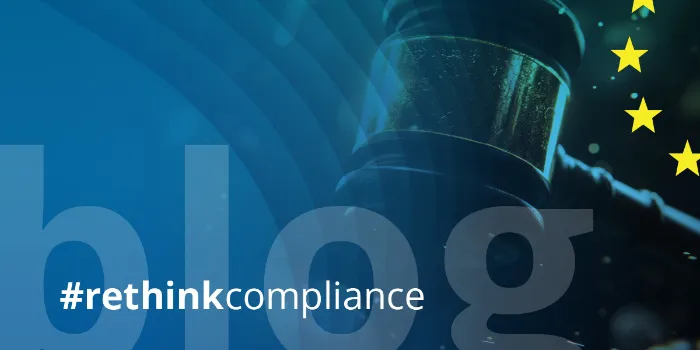

FIU Annual Report 2020 – The Phenomenon of Hawala Banking (Part 3)
#rethinkcompliance Blog | Post from 11.10.2021
Hawala banking, also known as "underground banking", has a centuries-old tradition and exists in many countries as a parallel system to traditional banking. The fact that this system can also be used for the purpose of money laundering or international terrorist financing is not a new discovery. The FIU has now taken up and addressed this unregulated money transfer in its annual report 2020.
Internationally, the FATF has already dealt with this form of money transfer in its 2013 report "The Role of Hawala and Other Similar Service Providers in Money Laundering and Terrorist Financing" and presented concrete typologies.
Quelle: FATF
Most of the typologies and cases mentioned by the FATF can also be implemented as rules in research systems for investigating transactions. They can lead to alerts in the systems that must be analysed by the obliged parties. Nevertheless, it seems useful to deal with the typologies and case studies more intensively in order to implement a sensible risk strategy.
Thus, not only in the context of hawala, but also in the context of terrorist financing, there is a recommendation to examine so-called "money collection accounts". The same applies to the case of "many to one", in which many different parties send money to one recipient. The sums are then immediately transferred abroad or withdrawn at ATMs.
When analysing such typologies, one can quickly come to the conclusion that hawala banking is a phenomenon that usually involves small sums of money.
This does not correspond to the facts. The whole issue is much more complex. We witnessed this in Germany in 2019 when the NRW State Criminal Police Office seized 26 million euros in cash from a precious metal dealer in Duisburg as part of a raid. It is assumed that this network alone has smuggled a total of 212 million euros over years, preferably to Turkey.
Quelle: Tageschau
Currently, we are confronted with a similar situation in the media. It shows the complexity of the system, but also that the German state is well aware of the risk.
Quelle: Radio MK
If you take a close look at the volume and the modus operandi, you will realise that none of the typologies published to date had even come close to grasping these cases.
The fact that this system, established over centuries, basically has a raison d'être in certain regions becomes clear by the example of foreign workers on the Arabian Peninsula. The workers there, preferably recruited from countries such as Bangladesh, Nepal or India, use the large number of HOSSPs (Hawala and Other Similar Service Providers) established there to transfer money at regular intervals to their families back home for their livelihoods. This system is of elementary importance in these countries, as often neither the principal nor the recipient have a bank account.
In Germany, the great challenge is to identify the providers of such services. Since new services, such as cash deposit machines, mean that contact with the customer is becoming less and less frequent and the number of personal contacts is also being reduced for cost reasons on the part of the obliged parties, an important element in the fight against money laundering and the financing of terrorism can no longer be actively practised: personal contact with the customer, which is still an elementary component of effective prevention.
Hawala banking will always remain part of the system in some regions of the world where the banking system is not as developed as in Europe. However, care must be taken that it is not abused by users to legalise incriminated values or to support terrorist activities.
Nevertheless, Hawala is not permitted in Germany due to the legislation. It requires enormous efforts on the part of law enforcement authorities as well as obliged parties to track down such complex payment procedures in order not to undermine the effectiveness of the prevention systems implemented in credit institutions.
Author

Uwe Weber
Expert for AML Compliance | 20+ years experience as Consultant & Compliance Officer | Long-standing advice to the financial sector | Extensive knowledge of national + international regulations






